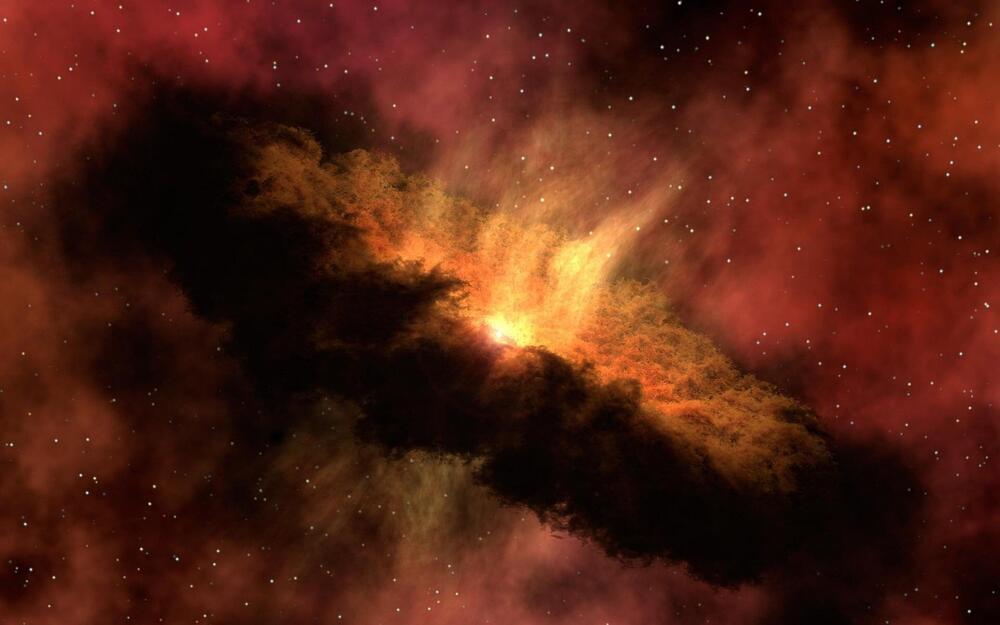A team of researchers at Universität Heidelberg has built an early universe analog in their laboratory using chilled potassium atoms. In their paper published in the journal Nature, the group describes their simulator and how it might be used. Silke Weinfurtner, with the University of Nottingham, has published a News & Views piece in the same journal issue outlining the work done by the team in Germany.
Understanding what occurred during the first few moments after the Big Bang is difficult due to the lack of evidence left behind. That leaves astrophysicists with nothing but theory to describe what might have happened. To give credence to their theories, scientists have built models that theoretically represent the conditions being described. In this new effort, the researchers used a new approach to build a physical model in their laboratory to simulate conditions just after the Big Bang.
Beginning with the theory that that the Big Bang gave rise to an expanding universe, the researchers sought to create what they describe as a “quantum field simulator.” Since most theories suggest it was likely that the early universe was very cold, near absolute zero, the researchers created an environment that was very cold. They then added potassium atoms to represent the universe they were trying to simulate.
